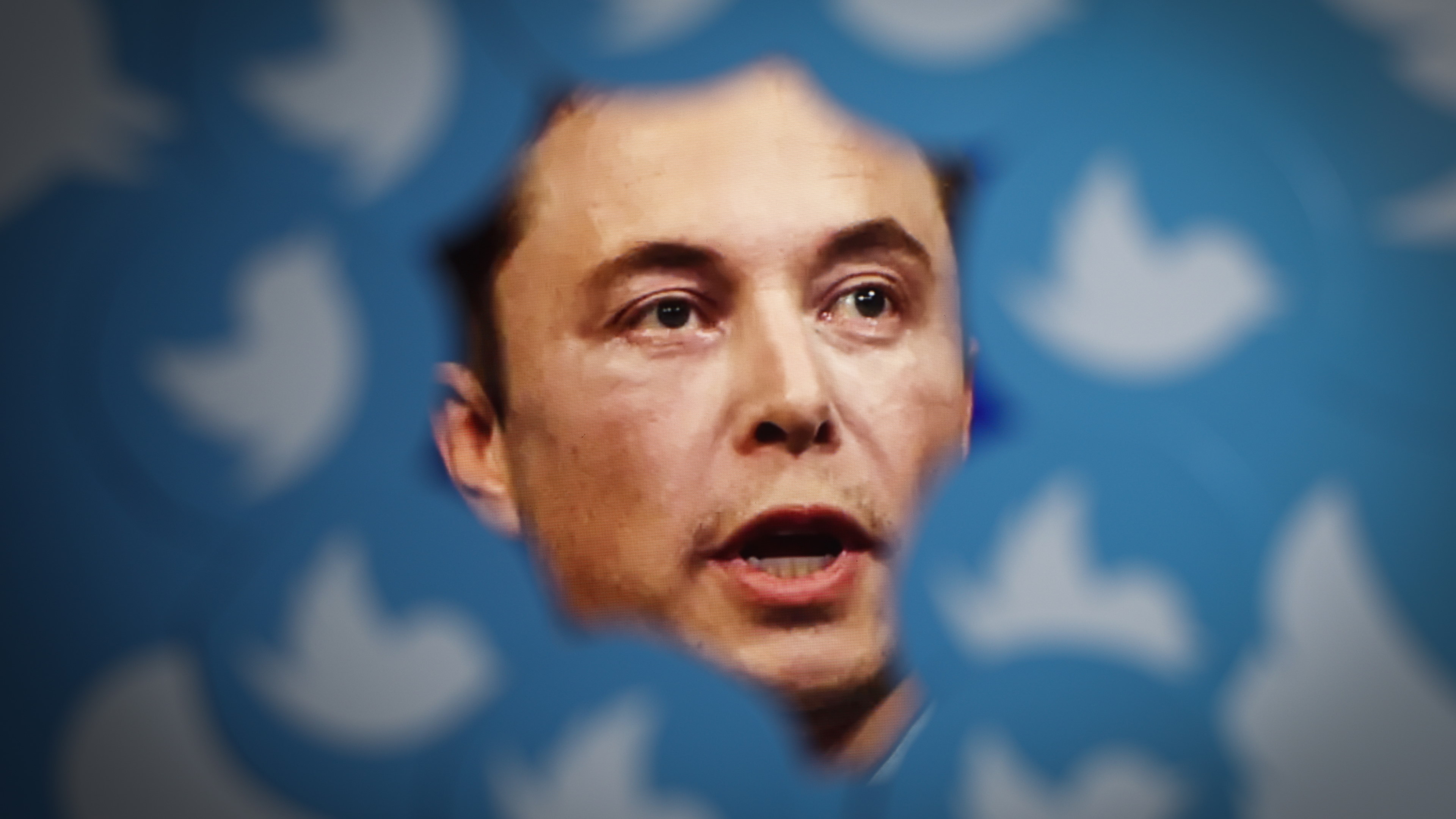Elon Musk potentially eyes locking Twitter behind a paywall to combat 'vast armies of bots'
It'll surely work this time.

As reported by the BBC yesterday, Elon Musk is planning to potentially add a paywall to Twitter, as per a conversation with Israeli Prime Minister Benjamin Netanyahu which was live streamed on the site.
"We're moving to having a small monthly payment for use of the system," Musk said, before explaining his reasoning. "If somebody even has to pay a few dollars or something, some minor amount, the effective cost to bots is very high."
This is a head-scratcher for me, since I was under the impression that X Premium—previously called Twitter Blue, which is outlined in X's help section, which at the time of writing still refers to Twitter and "Tweets"—was meant to combat bots. This has, after all, been a mission statement of Musk's, after a tweet in April 2022 declared he would "defeat the spam bots or die trying".
Yet X Premium has replaced legacy verification, making the majority of important figures indistinguishable from someone who paid eight bucks. This has led to a situation where spammers can pay that fee to be prioritised in comments, with signal-boosted accounts. Or, they can be weaponized by chaotic users to temporarily dent the stock of a pharmaceutical company.
In my personal experience, most posts on Twitter are now plagued with a wall of incendiary comments or outright spam that I have to wade through to get to the actual discussion. Despite this, Musk insists that a smaller fee would counter bots already using its more expensive cousin: "We're actually going to come up with a lower tier pricing. So we just want it to be just a small amount of money … This is a longer discussion, but in my view, this is actually the only defence against vast armies of bots."
There's also been some confusion as to what Musk actually meant, here. Some coverage has been hit by community notes which attempt to quibble over his intention, saying that suggesting a lower-tier subscription doesn't imply it's required to use the platform.
Which doesn't really scan for me. A lower price-point signal boost would, surely, make the situation much worse—and to even work as intended, the 'free' tier of Twitter would need to be basically unusable, otherwise there'd be no reason for bots to buy-in. One upshot could be a less shiny badge to foist on celebrities who don't want it, like the one Stephen King received back in April.
The biggest gaming news, reviews and hardware deals
Keep up to date with the most important stories and the best deals, as picked by the PC Gamer team.
This isn't exactly the first time a policy-change grenade has been left pin-out in the middle of Musk's new "Town Square". If u-turned, it wouldn't be the first time one's been abandoned, either, like with the rate limit stuff that came and went.
Despite how rushed a lot of Twitter's policy changes have been—again, the rebranding still isn't site-wide—none of them have seemed to help stem the tide of spam one bit. In the case of X Premium, they've arguably made it worse. Ultimately, his game plan seems built on the idea that spam companies don't want to spend money to make money, which hasn't borne out.

Harvey's history with games started when he first begged his parents for a World of Warcraft subscription aged 12, though he's since been cursed with Final Fantasy 14-brain and a huge crush on G'raha Tia. He made his start as a freelancer, writing for websites like Techradar, The Escapist, Dicebreaker, The Gamer, Into the Spine—and of course, PC Gamer. He'll sink his teeth into anything that looks interesting, though he has a soft spot for RPGs, soulslikes, roguelikes, deckbuilders, MMOs, and weird indie titles. He also plays a shelf load of TTRPGs in his offline time. Don't ask him what his favourite system is, he has too many.

